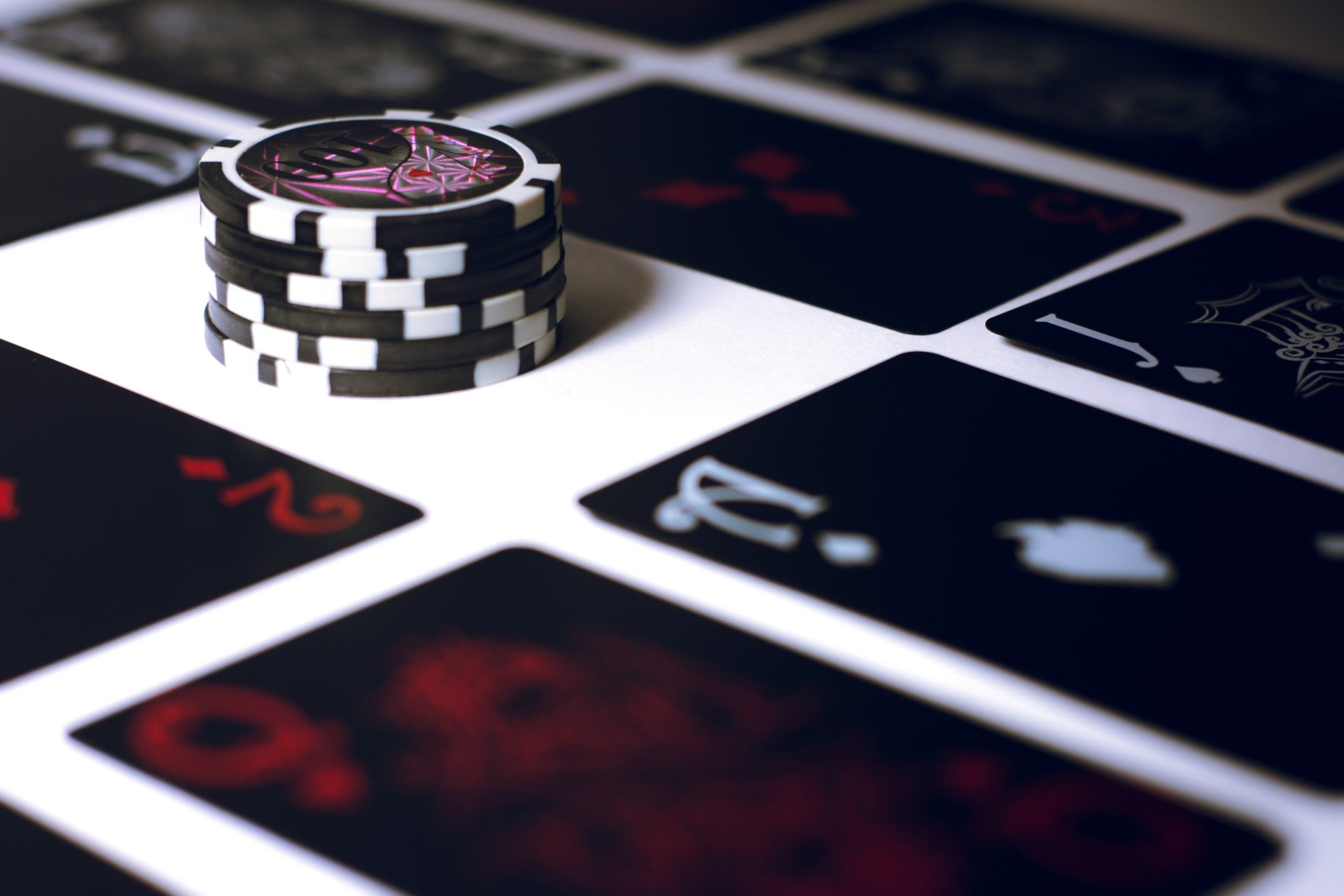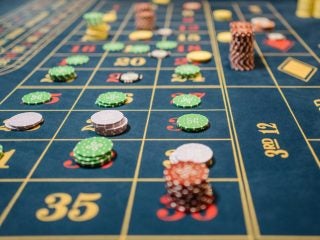Poker is not a complicated game on paper – learning the rules and understanding which hands have the most chance of winning will not take most people very long. However, poker is played with real people, and a large part of the game is not about playing the cards you have, but the cards you think your opponent has. Learning how to read people and translate what you think you know into how you play your own hand takes a lot longer than learning the rules. Poker is essentially a game of strategy, and strategizing requires practice and the ability to adapt one’s own playing style depending on who else is sitting at the table.

The good news is that most games of poker for beginners will be relatively low stakes, which creates opportunities to hone strategies and practice reading the table without risking too much money. There are several mistakes that many novice players make – learning to avoid these in the early stages of learning the game can make a huge difference to the results. This advice is based on Texas Hold ‘Em but applies to most forms of poker.
Playing too Cautiously
As a beginner, it can be easy to think that all but the best starting hands should be folded. However, the only way to win at poker is to bet at poker, so folding too many hands can result in running your pot down without taking any opportunities to increase it. As the blinds increase, it becomes more necessary to win some hands or risk being anted out of the game. Even beginners who do enter hands will often call when they should raise or check when they should bet. Playing more aggressively, especially with solid opening hands such as ace-king or a high pair, will raise the chances of a large pot as it forces other players to put money in or fold. Playing too cautiously can also tell other players that you are easily bullied, and they may start to play more aggressively in later hands knowing you will fold.

Playing Too Many Hands
While playing too many hands may sound like the opposite of playing too cautiously, this is another rookie mistake that many novice players make. While you should play aggressively, what you should not do is go in with every single hand no matter what. The same goes for staying in a hand when you have little to no chance of winning, or your opponent is likely to have a much better hand than you. If you fold, you can use the rest of the hand wisely by paying attention to other players and making mental notes on their style of play and what hands you think they might have.
Not Playing the Odds
One of the reasons why beginner poker players tend to play too cautiously or play too many hands is that they do not play the odds. Working out the pot odds and your equity may seem tricky at first, but with practice it becomes easier to identify those hands that are worth risking a higher stack or and those that are best folded. Your equity is essentially how many outs your draw has, or how many chances you have of seeing the next card dealt being a winning card.
For example, someone with the ace and king of hearts looking at flop with two heart cards has good equity as there are multiple opportunities to see a card on the turn or the river that will give them one of the best possible hands. Almost any other heart delivers the nuts, or an ace or a king delivers an excellent hand. Pot odds depend on the size of the overall pot and the amount your opponent has bet.
Playing Out of Position
In each hand of poker, where you are sitting in relation to the dealer can enhance or reduce your chances of winning that hand. As the dealer button moves one place to the left each hand, your position changes accordingly. When you are the last to act, you are in the most powerful position as you already know what everyone else wants to do, which gives you a better idea of what hands they might have. When you are first to act, your position is weaker, so you should be playing more cautiously.
Not Considering Your Opponents
As stated above, playing a good game of poker is as much about the cards your opponent has, or that you believe they have, as it is about the cards you hold. Lots of beginner players get excited when they have a good hand and go all in or bet too strongly without thinking about what hand their opponent may be holding. Learning to work out what the nuts is according to what is on the board and calculate the chances of your opponent holding the right cards, can help prevent this over-eager betting.
As with most games of strategy, the best way to learn is through playing. Setting up low stakes games with friends or accessing free play games online allows you to work on your poker strategies without risking high stakes. Once your confidence has built, you can progress to higher stakes games against more experienced opponents.



















